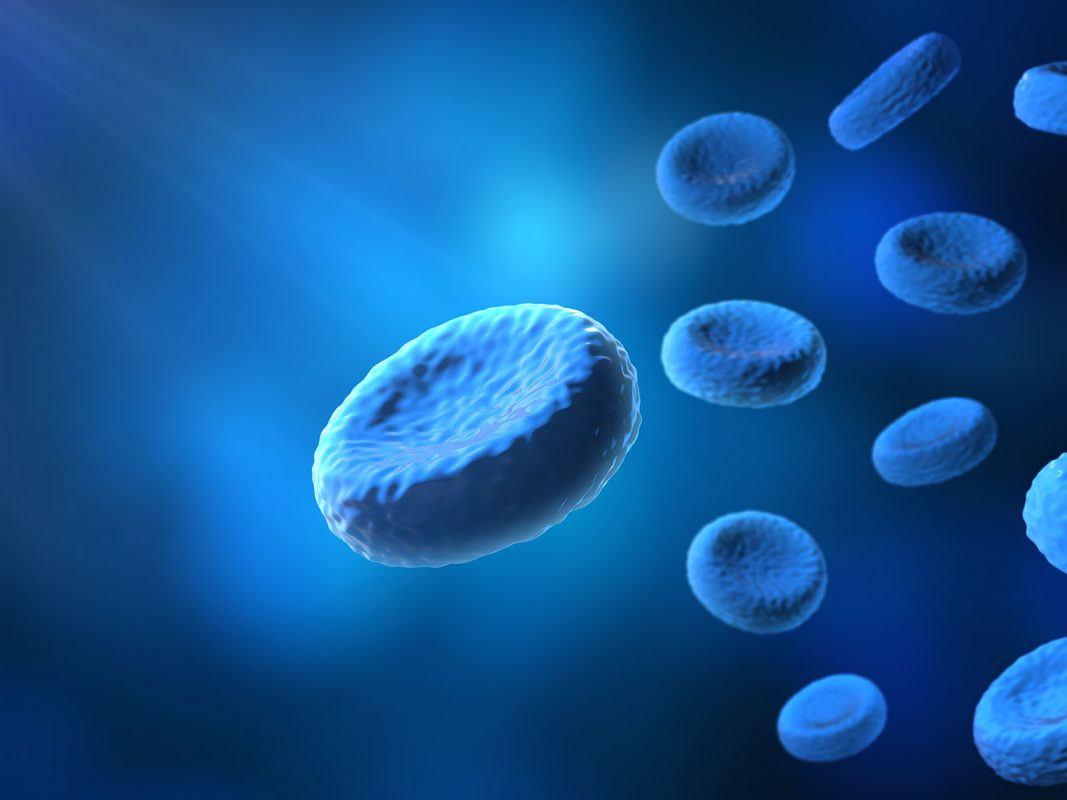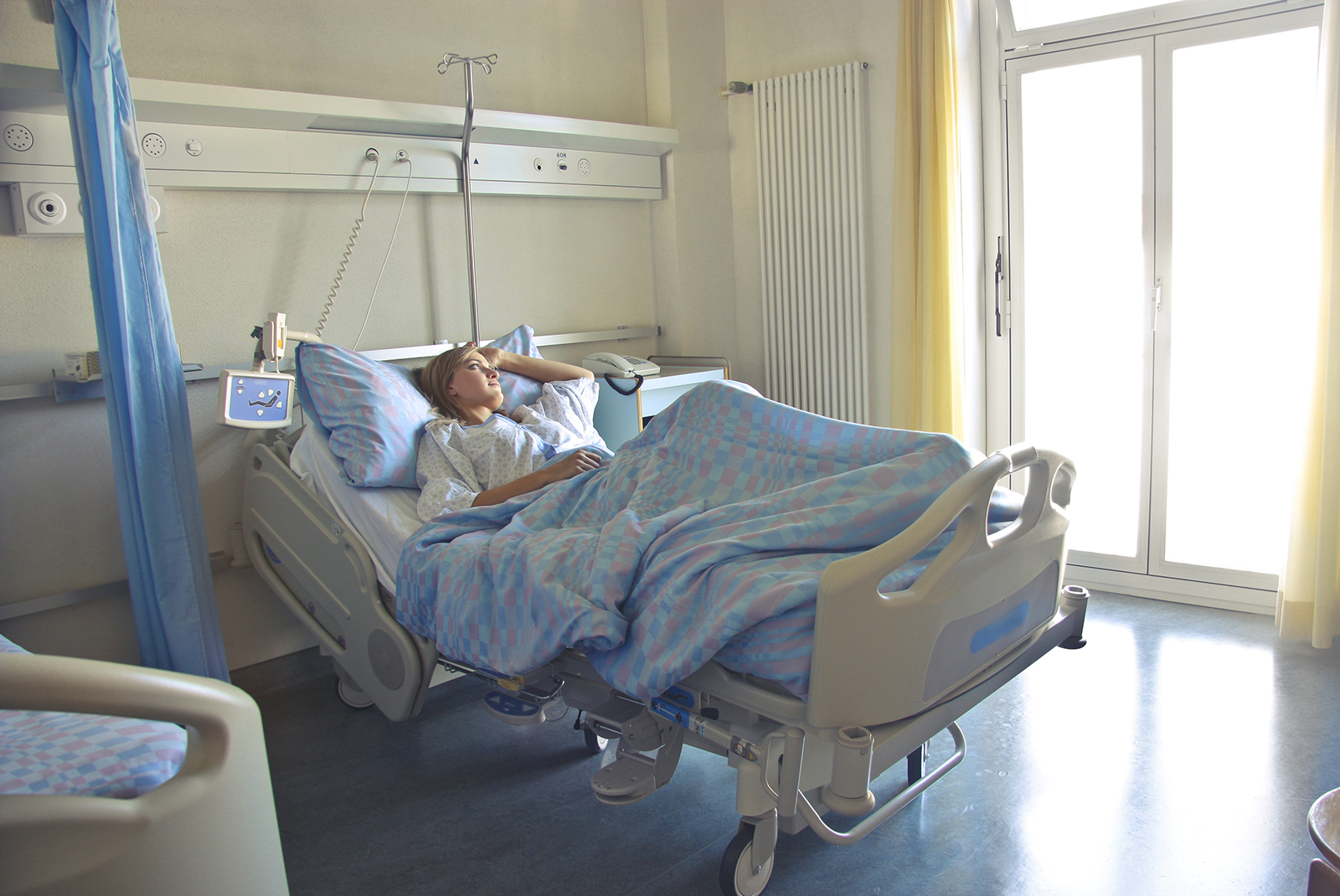Cell therapies are at the forefront of medical innovation for many devastating human conditions including neurological disorders, cancer, diseases and disorders associated with aging, and many more. Leo Corps is dedicated to maintaining exceptional R&D standards and producing the highest quality biospecimens in our advanced GMP and fully equipped processing centers. Our products are comprehensively tested for infectious and microbial pathogens in a contracted CLIA-approved and FDA-registered and audited laboratory for clients with an approved IRB, IND or BLA. Our team leverages over 20 years combined experience in the field to ensure that the highest standards are used to collect, process, package, and transport samples. Furthermore, Leo corps is uniquely suited to design and execute turnkey research reagents and in vitro cellular analysis kits that are personalized to the specific needs of the client. In this way, customers can be confident that they are using reliable products that meet all their requirements to enhance their in vitro and in vivo research studies discovering and developing advanced cellular therapeutic solutions to improve human health and well-being.

Cell Therapy
Hematopoietic stem cells have long been of interest for their possible therapeutic applications. Umbilical cord blood was identified as a third source of these stem cells after the discovery of bone marrow and peripheral blood. It has since been designated as a drug by the United States FDA (Food and Drug Administration), meaning it must meet strict federal regulations.
Stem cells are critical for both scientific discovery and for stem cell transplantation into sick patients as a therapeutic agent. However, stem cells are rarely assessed for quality, identity, and purity before their use. This is important when considering that effective therapies would likely need to be robust and reproducible on a large scale. At the same time, successful scientific experiments require consistent cell types and quantities.
To remove this obstacle, Leo Corps and affiliative companies offers both the largest selection of hematopoietic stem cell therapy assays on the market and also human cell lines. These products are applicable to different stages of the stem cell transplantation process, such as separating out high quality stem cells, as well as monitoring patients after the transplantation procedure.
It is our goal to set the bar as high as possible so that researchers receive the highest quality, and most effective products available.
Stem cells are critical for both scientific discovery and for stem cell transplantation into sick patients as a therapeutic agent. However, stem cells are rarely assessed for quality, identity, and purity before their use. This is important when considering that effective therapies would likely need to be robust and reproducible on a large scale. At the same time, successful scientific experiments require consistent cell types and quantities.
To remove this obstacle, Leo Corps and affiliative companies offers both the largest selection of hematopoietic stem cell therapy assays on the market and also human cell lines. These products are applicable to different stages of the stem cell transplantation process, such as separating out high quality stem cells, as well as monitoring patients after the transplantation procedure.
It is our goal to set the bar as high as possible so that researchers receive the highest quality, and most effective products available.
Immunotherapy is fast becoming an effective tool to treat different types of cancer. Identifying and understanding the interactions between and among immune cells is important in developing immunotherapy tools. For example, dendritic cells or mesenchymal stem cells interact with immune cells in an intricate manner in graft-versus-host disease. Striking the right balance of immune cells could replace more traditional approaches in cancer and other human diseases.
At Leo Corps and affiliative companies, we are proud to provide the highest quality products and tools for your research projects to better understand the science behind immunotherapy. In addition, we help to define these interactions and measure the response obtained using either mixtures of cells or purified sub-populations of cells.
At Leo Corps and affiliative companies, we are proud to provide the highest quality products and tools for your research projects to better understand the science behind immunotherapy. In addition, we help to define these interactions and measure the response obtained using either mixtures of cells or purified sub-populations of cells.
Regenerative medicine refers to a type of therapy where cells or tissues, including bones, muscles, and tendons, are repaired following injury. These cells and tissues are generally derived from mesenchymal cells.
An ongoing challenge in the field is to identify a robust cell source and subsequently quantitatively measuring its functions and phenotype.
Leo Corps and affiliative companies offer cutting-edge assays that answer these questions, especially in regards to mesenchymal stem cells. Whether cells are used for basic scientific discovery or for therapies, it is critical to definitively characterize them.
While MSCs (mesenchymal stem cells) are able to repeatedly expand, it is recommended to use MSCs as close to the native cell as possible. MSCGlo™ Real Time can aid in characterizing your MSC cell lines. It can also aid in determining their doubling time to improve the reproducibility of your results.
We set the bar as high as possible so that researchers receive the highest quality products on the market.
While regenerative medicine remains an exciting field with enormous potential, therapies using EVs (extracellular vesicles), MSCs, HSCs (hematopoietic stem cells) or VSFs (vesicular secretome factions) are understudied. Despite the biological and regulatory complexity of these therapeutic targets, we must continue the search for scalable and reproducible purification protocols based on robust risk-based approaches. We must also elucidate the mechanisms of action through qualified potency assays in disease-relevant in vitro and in vivo models. If GMP (Good Manufacturing Practice) protocols and regulatory requirements can be applied to therapies derived from EVs, MSCs, HSCs or VSFs, we will see a spike in human clinical trials using these products. Regulatory compliance is an integral part of a stable manufacturing process, and if indeed “the process is the product,” this compliance will be critical in the large-scale pharmaceutical production with the ultimate goal of creating reproducible and effective therapies.
An ongoing challenge in the field is to identify a robust cell source and subsequently quantitatively measuring its functions and phenotype.
Leo Corps and affiliative companies offer cutting-edge assays that answer these questions, especially in regards to mesenchymal stem cells. Whether cells are used for basic scientific discovery or for therapies, it is critical to definitively characterize them.
While MSCs (mesenchymal stem cells) are able to repeatedly expand, it is recommended to use MSCs as close to the native cell as possible. MSCGlo™ Real Time can aid in characterizing your MSC cell lines. It can also aid in determining their doubling time to improve the reproducibility of your results.
We set the bar as high as possible so that researchers receive the highest quality products on the market.
While regenerative medicine remains an exciting field with enormous potential, therapies using EVs (extracellular vesicles), MSCs, HSCs (hematopoietic stem cells) or VSFs (vesicular secretome factions) are understudied. Despite the biological and regulatory complexity of these therapeutic targets, we must continue the search for scalable and reproducible purification protocols based on robust risk-based approaches. We must also elucidate the mechanisms of action through qualified potency assays in disease-relevant in vitro and in vivo models. If GMP (Good Manufacturing Practice) protocols and regulatory requirements can be applied to therapies derived from EVs, MSCs, HSCs or VSFs, we will see a spike in human clinical trials using these products. Regulatory compliance is an integral part of a stable manufacturing process, and if indeed “the process is the product,” this compliance will be critical in the large-scale pharmaceutical production with the ultimate goal of creating reproducible and effective therapies.




